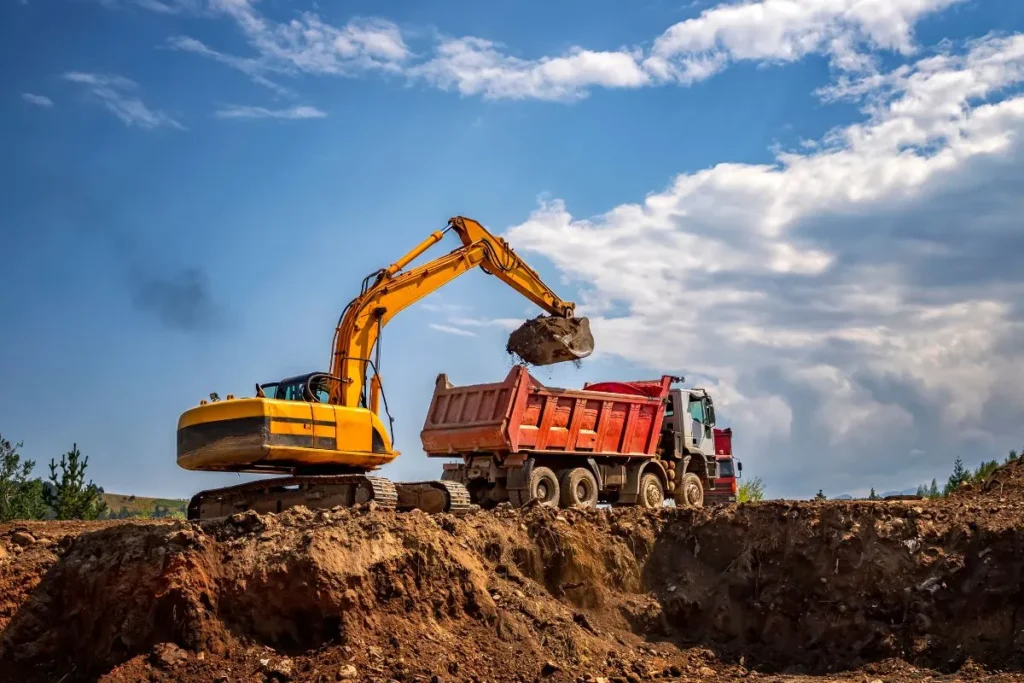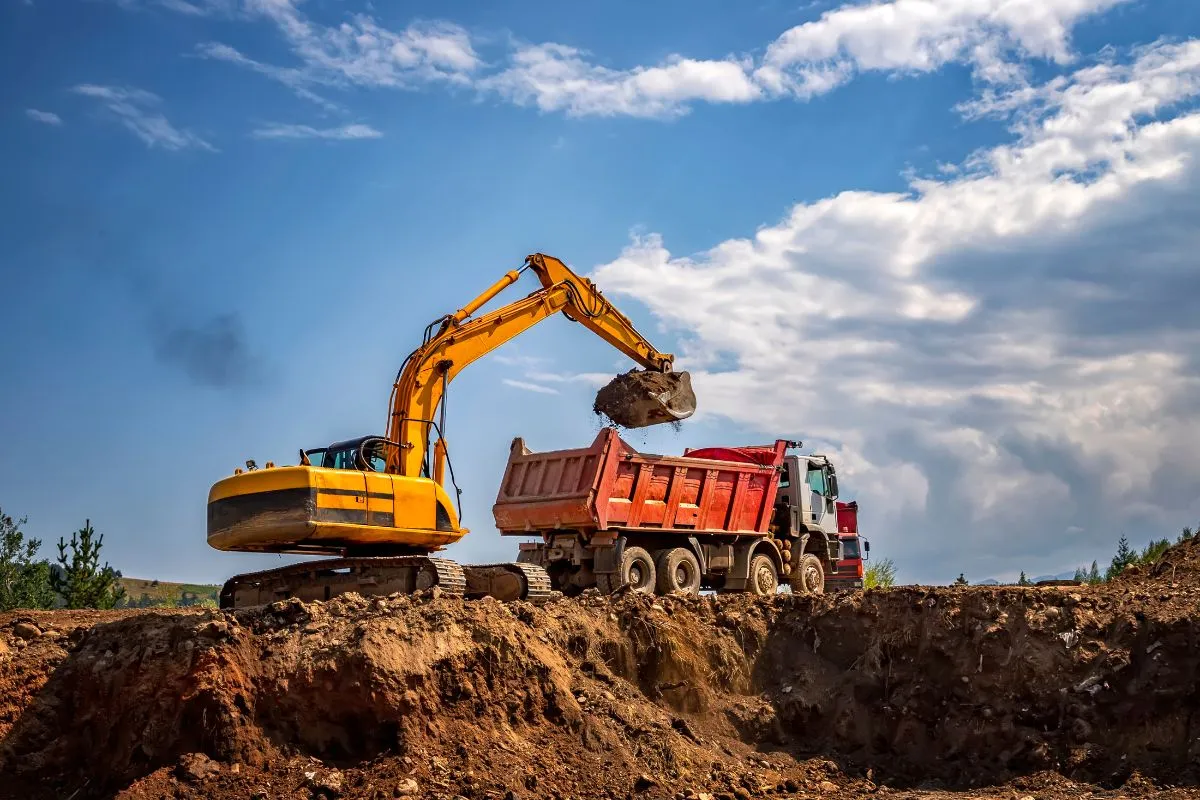
You know how important equipment is to your business operations, but did you know your current construction equipment directly affects your business finances? Equipment is the backbone of the construction industry, and you can’t overlook the financial importance of your fleet. Making the right equipment choices can lead to tangible benefits for your business.
Let’s explore four ways equipment directly impacts your business that you may not have thought about, and how you can leverage your assets to bid on new projects and implement a growth plan.
Table of Contents
Project cost considerations
Make sure your fleet can keep up with project demands. The right equipment can save you time and money.
Consider a scenario where you own a fleet of heavy-duty dump trucks. When you own, instead of renting or leasing, your crews can transport large quantities of dirt and materials much more efficiently than relying on an external hauling service. Directly controlling equipment means you can schedule and deploy the trucks exactly when needed, reducing downtime and avoiding potential delays. This streamlined approach accelerates the progress of your project and enhances overall productivity. Having immediate access to the necessary machinery for each project phase eliminates the uncertainties and additional expenses associated with outsourcing, resulting in a more predictable and controlled project timeline.
Payments on equipment impact cash
Don’t let acquiring new construction equipment impact your cash flow. Financing options such as leasing, purchase finance, or debt restructuring give you different payment options that work for you and allow you to conserve capital and allocate resources strategically, contributing to efficient cash flow management. The financial product you choose to acquire new construction equipment makes a difference. Using tools like a payment calculator, can help you decide which project works best for you.
Here’s an example of the huge difference there can be between products when it comes time to make payments. Read the case study: Equify Financial helped one customer cut their equipment payments in half with smart debt restructuring and equipment refinancing, freeing up $60,000 per month to reinvest in the business.
Asset depreciation
Understanding asset depreciation is essential. Construction equipment typically decreases in value over time. For example, in the first three years, the average excavator depreciation is 32%. Your machines may wear more quickly depending on your operations. For example, the wear on an excavator in a mining operation differs significantly from dirt work. When asset value decreases, it directly affects the overall value of your business. Proper evaluation of financing options and equipment lifecycle management can mitigate this impact and maximize your return on investment.
Tax considerations
Investing in construction equipment can significantly impact your business’s taxes. You may be eligible for various tax deductions when you purchase or finance new equipment, such as Section 179. If your equipment qualifies, you can deduct the full purchase price (up to $1,220,000 as of 2024) in the year it is placed into service. Finding applicable deductions can lead to substantial tax savings, reducing your overall tax burden. Remember to consult a tax professional before making decisions.
Construction equipment financing opportunities
Now that we’ve covered the financial significance of equipment within your business, let’s explore financing equipment to expand your fleet. Here are essential financial considerations to support your decision-making process.
Understand your financing options
Construction equipment financing involves various financial products designed to meet the specific needs of your business. Understanding terms, interest rates, and repayment options is essential for making informed decisions. Typical financing solutions include:
- Leases: allow you to use the equipment for a specified period while making regular payments. At the end of the lease term, you may have the option to purchase the equipment.
- Loans: provide funds to purchase equipment outright, with the equipment serving as collateral. Loans have a fixed term of payments with interest.
- Equipment financing agreements: are similar to loans but offer more flexible terms customized to your business’s specific needs.
- Operating leases: typically involve lower monthly payments and do not transfer equipment ownership at the end of the lease term.
Carefully consider all your options to select a financing solution that optimizes your cash flow, aligns with your project timelines, and supports your overall financial goals. This careful consideration is key to effectively managing your resources and ensuring that your business can acquire the necessary equipment without straining your budget.
Understand your financing options
Before making any financial commitments, it’s essential to understand your return on investment (ROI). This analysis evaluates the costs associated with the equipment, the potential revenue generated, and the cost savings achieved through increased productivity, efficiency, and project quality.
Will the cost of leasing or purchasing a specific piece of equipment hurt or grow your business over time? Calculating your potential ROI is easy, so take the time to understand its impact before you make a financing decision. You might need equipment now, but make sure you’re strategically selecting the best financing options to benefit your business in the long run.
Equity in your equipment fleet
Equity in your equipment fleet is a crucial financial asset for your construction business. This equity represents the value of your equipment minus any outstanding debt. You can leverage your equity to secure additional financing or reinvest in your operations.
If you own your construction equipment, you can use this as collateral to obtain loans or lines of credit. This access to capital can be vital for funding new projects, purchasing additional equipment, or managing cash flow during slow periods. Understanding and utilizing this equity effectively can help you maintain a competitive edge and support long-term growth.
Empower your financial success
Understanding the financial significance of your equipment purchase and lease decisions gives you the information you need to positively impact your business’s bottom line.
The Equify Financial team is here to support you every step of the way. We are committed to helping you uncover innovative solutions to your financial challenges and providing guidance that propels your success. Let’s talk about your current construction equipment fleet, business needs, goals, and financing options.

